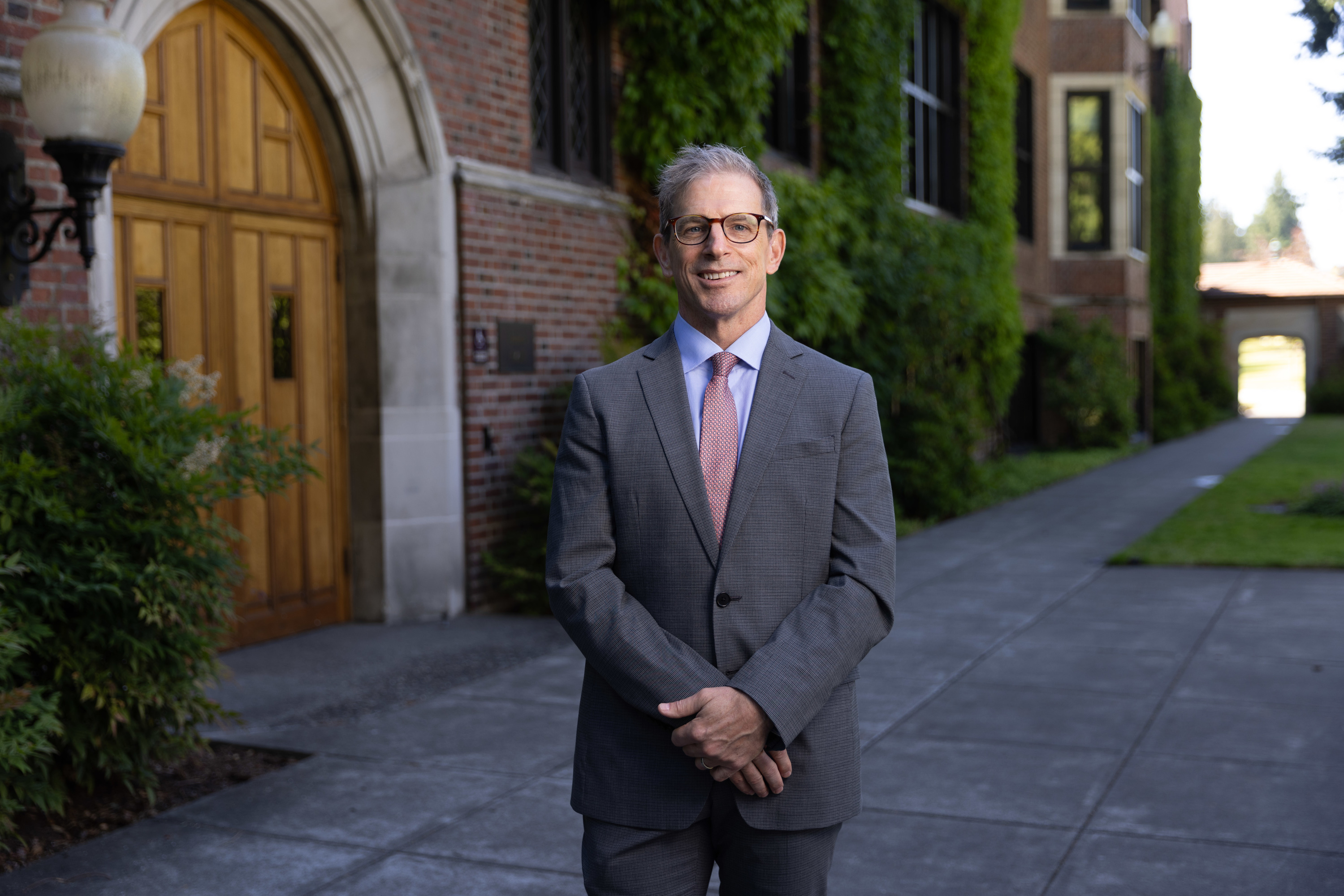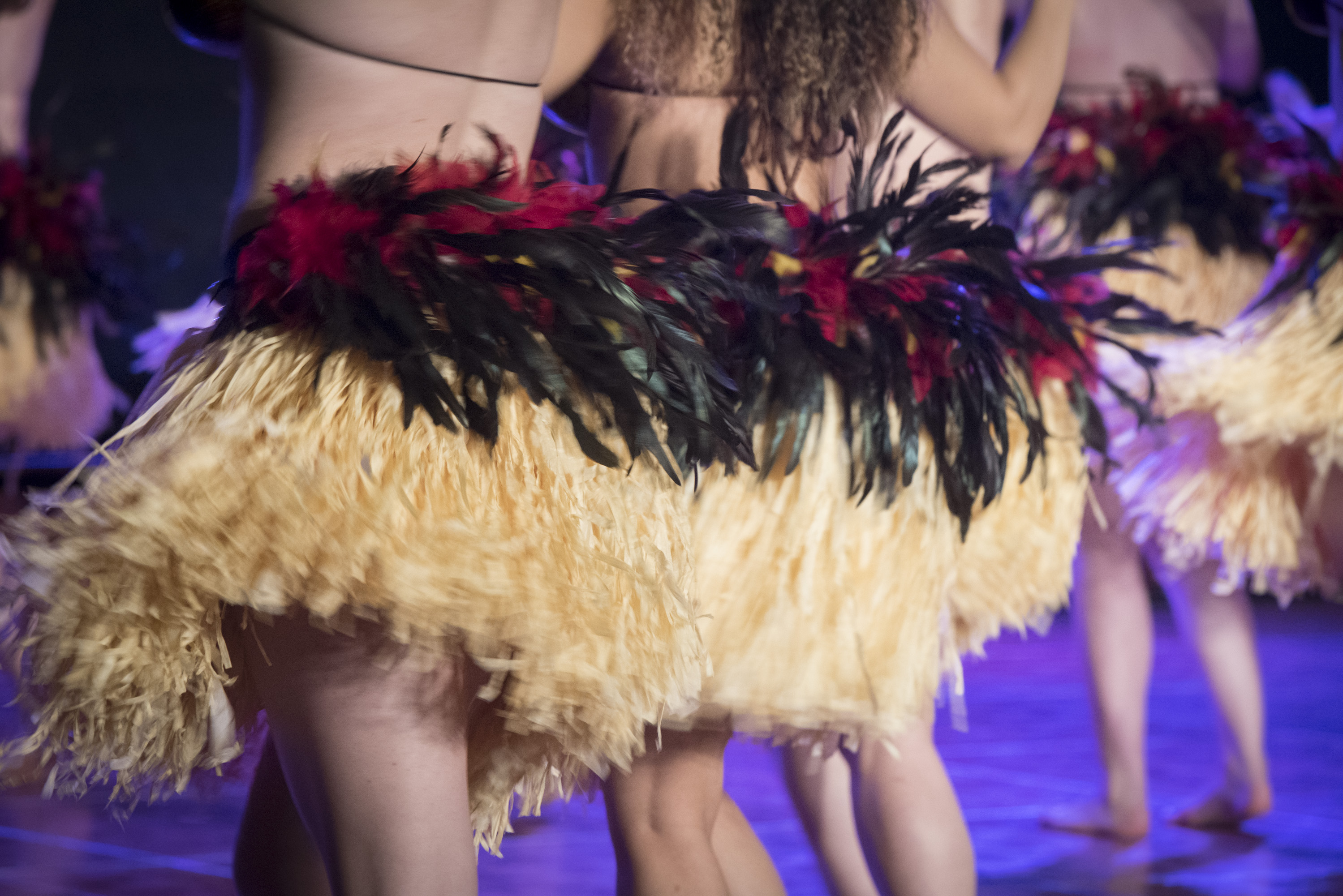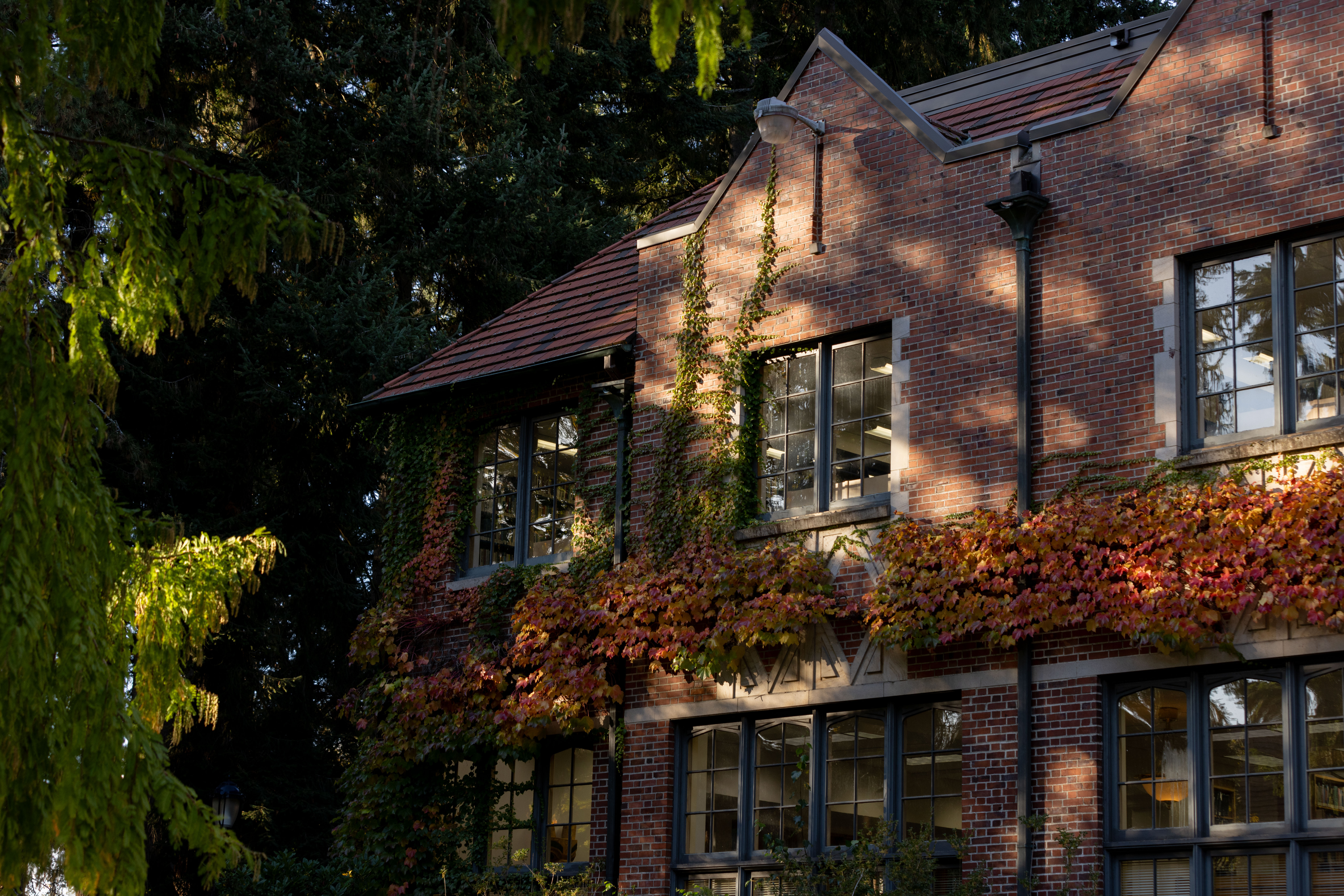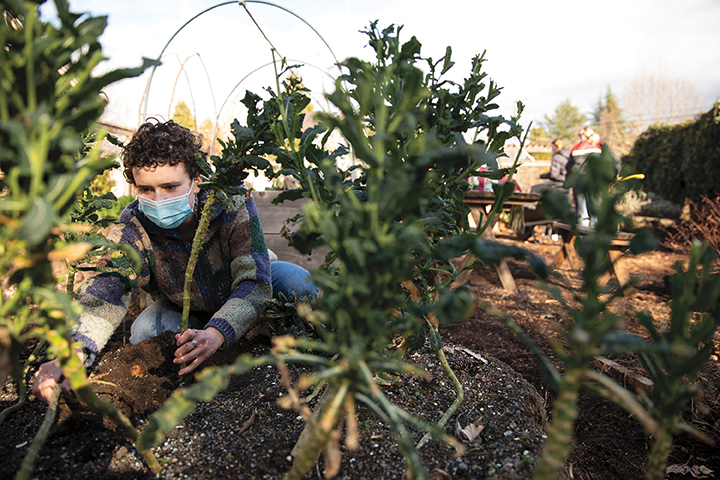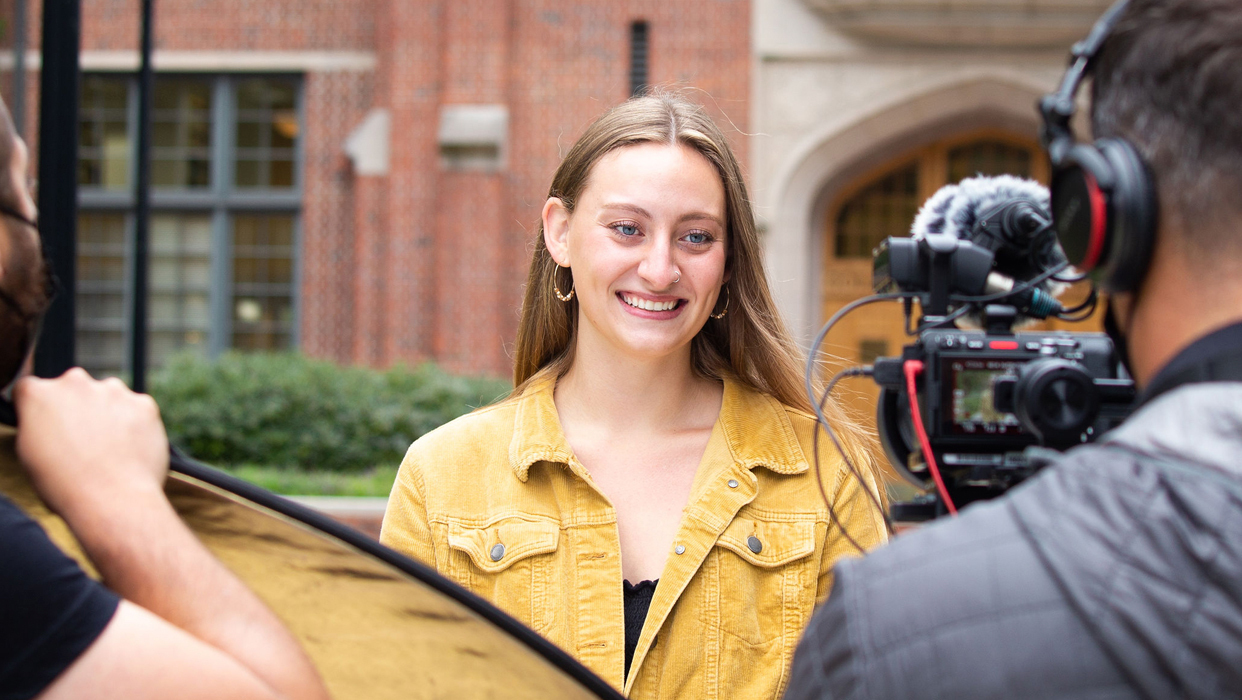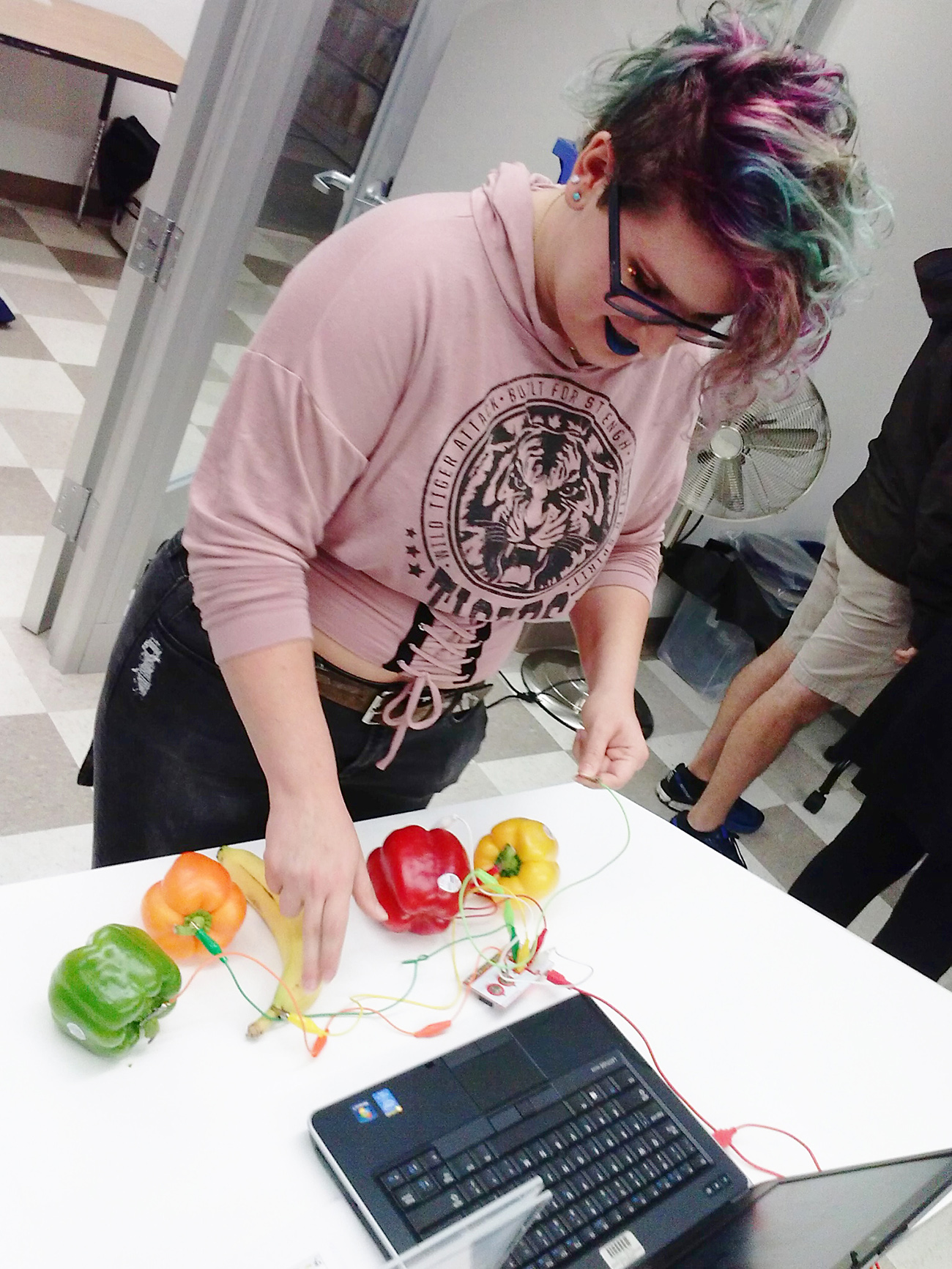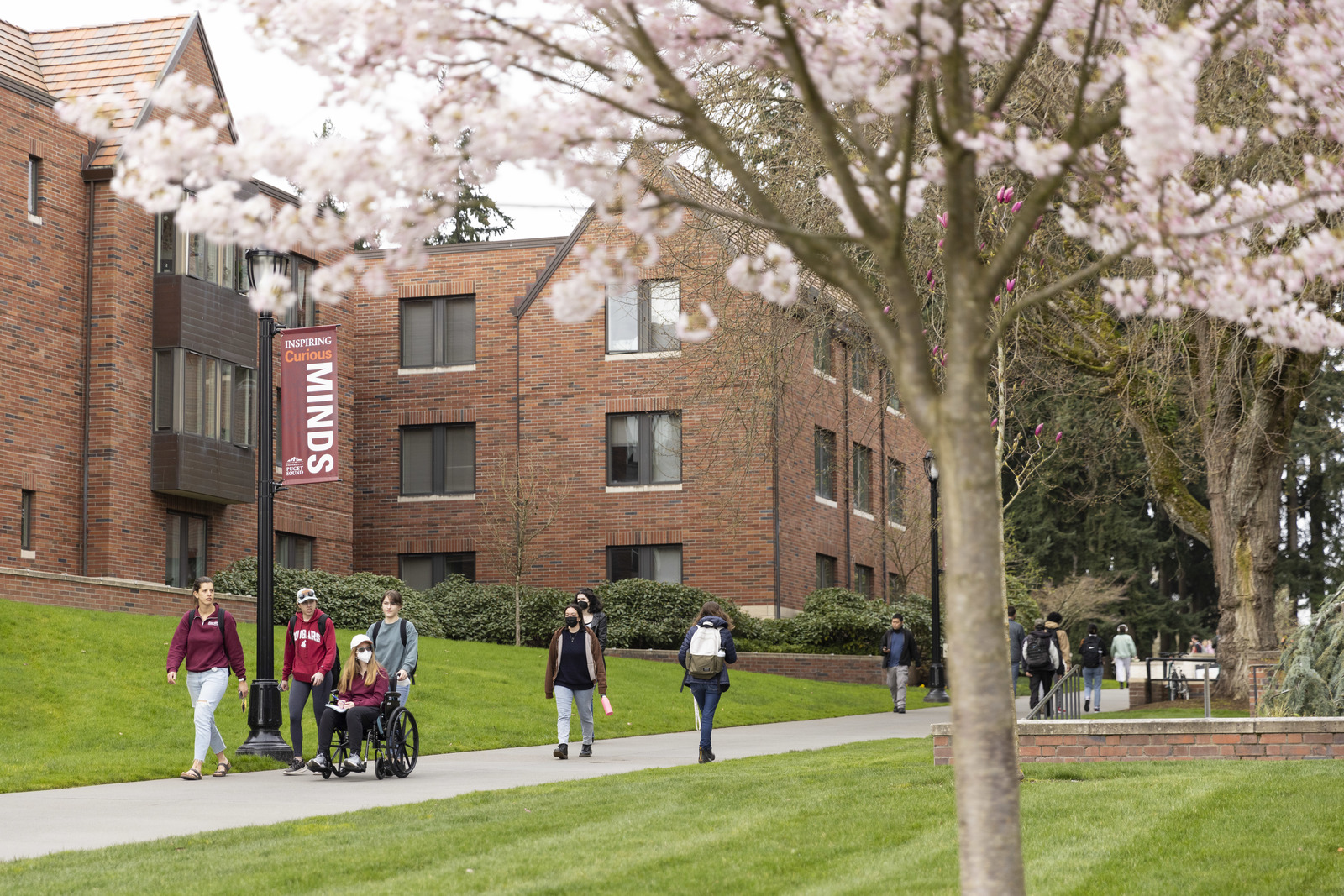Kerkhoff’s ecological education gave him a new appreciation for the beauty of Ohio’s hills and forests—and the job itself proved to be perfect. For 18 years, he embraced his role as a professor and eventually associate provost. At Kenyon, Kerkhoff worked to bring computational and data science approaches into the biology curriculum; developed an academic initiative in science and nature writing with courses team-taught by a creative writer and a scientist; and helped launch Kenyon’s mission to become carbon neutral by 2040. All that background came with Kerkhoff to Puget Sound when he assumed his role as provost in July.
“Puget Sound is just a phenomenally interesting institution,” he says. “It’s a lot like Kenyon in many ways. It has a very close-knit community on a beautiful, residential campus. At the same time, there are some real differences that make it exciting for me, including Puget Sound’s service-oriented graduate programs. It’s really exciting to think about coming into an institution that has great potential, great ambitions, and offers me many opportunities to learn.”
Perhaps that’s Kerkhoff’s administrative side talking. But mention Puget Sound’s location and the ecological explorer in him bursts out. “It’s a beautiful place,” he says. “A wonderful mid-sized city surrounded by mountains and water, orcas and bears.”
POINTS OF PRIDE
Kerkhoff accomplished a lot in his nearly two-decade tenure at Kenyon. These are the moments that have made him most proud:
Curricular change: “I worked with a lot of people to bring computational and data science approaches into our biology curriculum. We’re acquainting students with professional data analytics software and skills, getting them to understand the importance of data management and to hone their skills in thinking and reasoning with data.”
Science and nature writing: “I worked with several colleagues to develop a program in science and nature writing at Kenyon, and it has a component that reaches beyond Kenyon, known as the Kenyon Institute in Scientific and Technical Writing. My colleague Chris Gillen and I decided to take an immersive writing workshop approach and use it to work with scientists who need to write about science. That grew into a collaboration between the English department and the natural sciences to develop an academic initiative in science and nature writing. We now have an introductory-level course and a capstone course that are team-taught by a creative writer and a scientist.”
Coping with COVID: “I became an associate provost in the summer of 2020, just as COVID was cresting into our awareness. I joined our COVID steering committee—I was recruited because of my background in biology and my familiarity with data—and then subsequently I took over as chair. Doing that work was really formative for me as a leader and as an administrator.”
Carbon neutrality: “The last thing is something that I’m regretfully leaving behind. I’ve had the opportunity to be a part of the team that will lead Kenyon’s efforts to achieve carbon neutrality by 2040.”
